Plenary keynote speakers and moderators

Irene Annor-Frempong
Dr. Irene Annor-Frempong is an experienced research and innovation practitioner. She is the Lead on the AU-EU FNSSA International Research Consortium in FARA and the immediate past Director of Research and Innovation. She was the Coordinator of the EU-H2020 LEAP4FNSSA project and served as a Commissioner of the CGIAR Commission on Sustainable Agricultural Intensification (CoSAI) between 2020 and 2021.
A thought leader with over 20 years research experience, Irene has coordinated many continent-wide research and capacity development projects including the CAADP ‘Science Agenda for Agriculture in Africa’ framework and has worked in research institutes and universities in a number of African and European countries. She has played significant roles in advancing the AU-EU Research and Innovation Partnership through the Platform for Africa-Europe Partnership on Agricultural Research for Development (PAEPARD), the ‘Long-term Europe Africa Platform for Food Nutrition Security and Sustainable Agriculture’ (LEAP4FNSSA), the DeSIRA pillar 2- CAADP xP4 projects and the AU-EU High Level Policy Dialogue (HLPD) Working Group on FNSSA.
She is currently a member of the foresight4food Steering group and served on the Steering group of the World Bank Africa Centres of Excellence (ACE) program and the Consultative Advisory Group on Partnership for Skills in Applied Sciences, Engineering and Technology (PASET), among others. Irene holds a PhD from the Veterinary School, University of Bristol, UK. and an MSc. in Animal production science from Wageningen University and Research.
Plenary keynote speakers

Betty Kibaara
Betty Kibaara is a Director in the Food Initiative at The Rockefeller Foundation, Africa Regional Office. At the Foundation, Betty leads the Foundations investments in transforming food systems. These include increasing access to nutritious foods through institutional procurement. She is also advancing investments in regenerative agriculture through development of the frass fertilizers from insects such as the black soldier fly.
She holds a Master of Science degree in Agricultural and Resource Economics, Colorado State University, USA, and a Bachelor of Science in Agribusiness Management, Egerton University, Kenya.
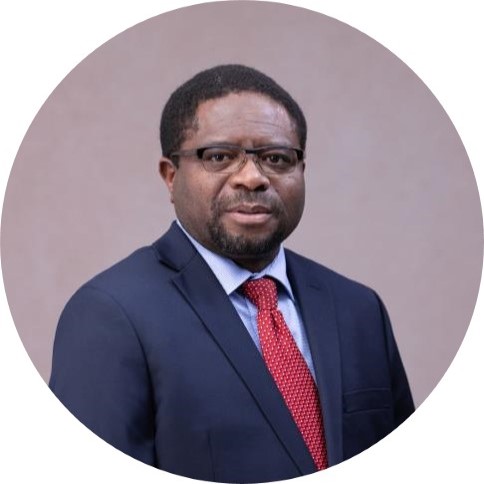
Appolinaire Djikeng
Professor Appolinaire Djikeng is the 4th Director General of the International Livestock Research Institute (ILRI) and Senior Director for the Livestock-based systems of the CGIAR since April 2023. Prior to ILRI and the CGIAR, Djikeng was Director of the Centre for Tropical Livestock Genetics and Health (CTLGH), based at the Roslin Institute, and Professor and Chair for Tropical Agriculture and Sustainable Development at the University of Edinburgh. Djikeng has over 20 years’ research and institutional experience in academia and in international not for profit research institutions in the USA, Africa, and UK/Europe.
Appolinaire serves on numerous science advisory boards and has received many awards including the Nelson Mandela Peace Award. Djikeng’s work and interests have been primarily centred on bioscience and its applications in agriculture, human and environmental health. Djikeng is Honorary Professor at the University of Queensland, Center for Animal Science (Australia), Professor at The Roslin Institute, The University of Edinburgh (UK), and Distinguished Professor at the University of South Africa.
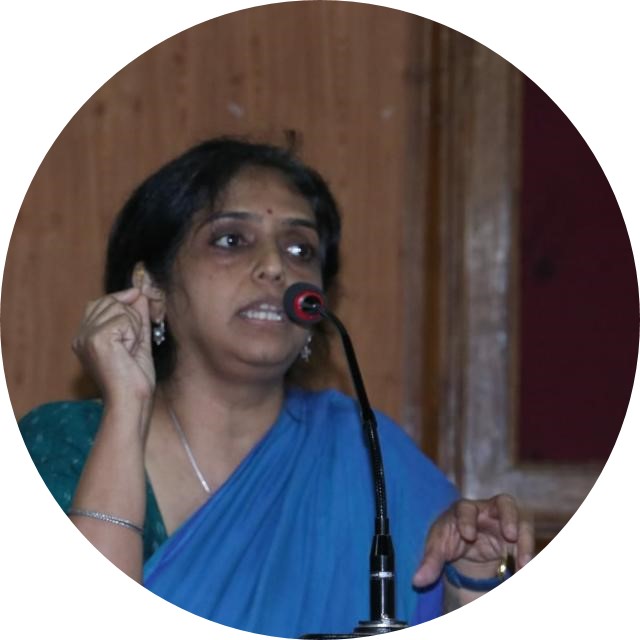
Seema Kulkarni
Seema Kulkarni has over 30 years of experience working on issues of gender and natural resources. She is one of the founding members of the Society for Promoting Participative Eco-System Management, Pune, India (SOPPECOM). She is a senior fellow here and coordinates the gender and rural livelihood activities within the organisation. She has coordinated various studies and programmes around decentralisation, gender and land, water and sanitation. She has published several articles/book chapters around issues of gender, water, sanitation and rural livelihoods. She has been associated with the feminist movement in India.
She is currently a member of the National Facilitation Team of Mahila Kisan Adhikar Manch (MAKAAM), a Forum for women farmers’ rights and a core member of the Feminist Policy Collective (FPC). She has made a consistent effort towards bringing in a feminist analysis in research and actions in the areas of water, land and agriculture. She is currently involved in a programme with women farmers on food, nutrition security and water.
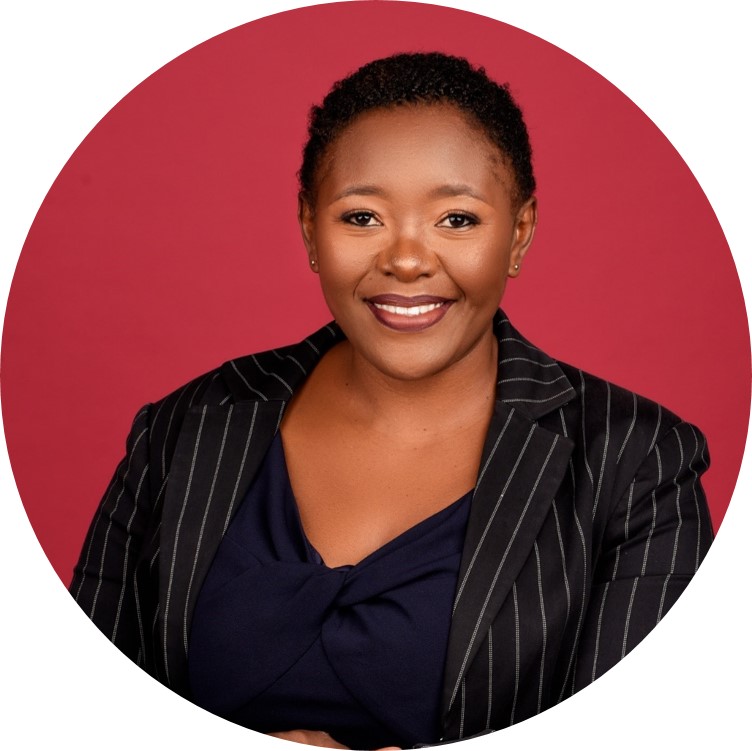
Wangu Mutua
Wangu Mutua is the Deputy Regional Director for Vi Agroforestry. She holds a Bachelor's degree in Economics and a Master's degree in Project Planning and Management.
She has vast experience spanning over 20 years in rural development based on agroforestry; food security; local partnership engagement; programming;, strategy formulation, designing and implementation. At Vi Agroforestry, Wangu is based in Nairobi Kenya. In 2023, Vi Agroforestry is celebrating 40 years.
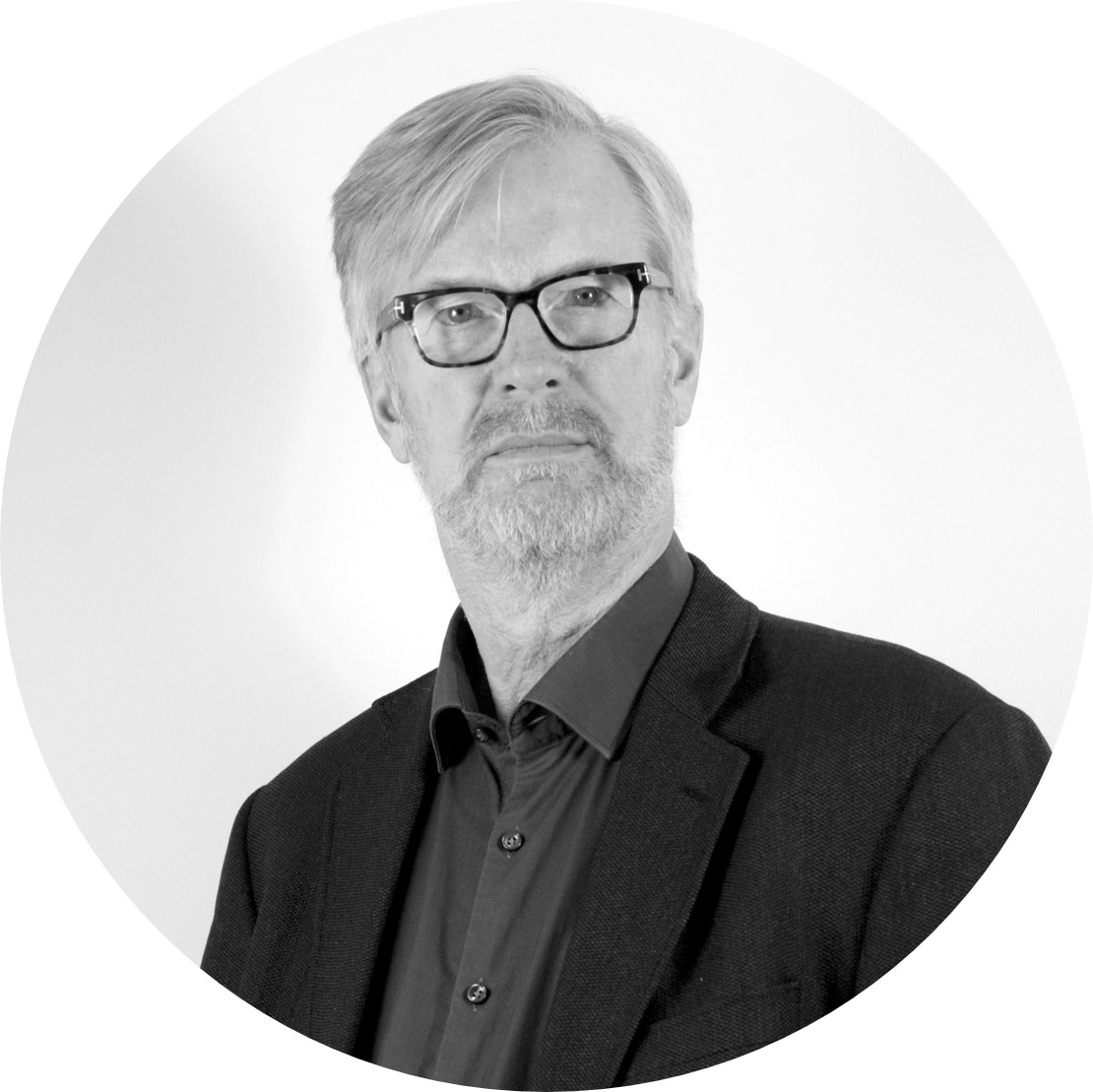
Dan Smith
Dan Smith is the Director of the Stockholm International Peace Research Institute (SIPRI). He has researched and written extensively on security, food security, climate change, conflict and peace over the past four decades. He served four years in the UN Peacebuilding Fund Advisory Group, two as Chair (2010–2011). He was part-time Professor of Peace and Conflict at the University of Manchester from 2014 to 2017. Before taking up his post at SIPRI, he was Secretary General of the London-based peacebuilding NGO, International Alert (2003–2015) and Director of the International Peace Research Institute, Oslo (1993–2001). His most recent book is the 10th edition of The State of the World Atlas (2020).
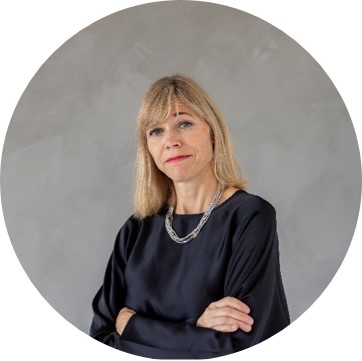
True Schedvin
True Schedvin is Head of Unit at Sida responsible for implementation of the global thematic strategy for Sustainable Economic Development. The strategy comprehend a portfolio of contributions for food security, land tenure rights for indigenous groups, universal social protection, productive employment, sustainable trade, market development, and digitalisation among others.
True has more than 20 years of experience from development cooperation, and was previously acting Chief Economist at Sida and in that position led the team updating Sida’s concept on multidimensional poverty. She has spent close to 10 years in Sub-Saharan Africa in different positions in Tanzania, Kenya and Zambia. True has a Master’s Degree in Economics from Lund University, Sweden.
Meet the moderators

Bridget Bwalya, Dr.
Dr. Bridget Bwalya is a Senior lecturer in the Department of Geography and Environmental Studies, University of Zambia. Her research interests include food systems, smallholder agriculture, climate smart agriculture, land resources governance, gender and development, and politics of international agricultural development aid. She is currently a Fellow of the Food Systems Network(FSNET)-Africa.
Prior to that, she was lead in Land rights formalisation expert at the World Bank study on Integrated land scape. Dr. Bwalya experience covers providing high-level technical support and guidance on climate change and agriculture policies, including land tenure, displacement, land status and indigenous people, with a focus on social impact assessment and social capital.
Dr. Bwalya received a Msc in Management of Natural Resources and sustainable agriculture from Norwegian University of Life Science (2007). She holds a PhD in Environment and development studies.
Photo credit: Mattias Sköld, NAI

Eileen Torres Morales
Eileen Torres Morales is as a Research Associate at the Stockholm Environment Institute (SEI) Headquarters. Her primary focus lies in tracking and analysing the latest technological advancements driving the decarbonisation of heavy industries, as well as delving into land-based alternatives for mitigating carbon emissions.
With a diverse background that includes experience in the private sector, providing technical support for construction and agricultural equipment, Eileen brings a practical perspective to her research. She holds a Bachelor's degree in Mechanical Engineering from Universidad de Los Andes (Colombia) and a Master's degree in Sustainable Energy Engineering – Policy and Management of Energy Systems from KTH The Royal Institute of Technology (Sweden).
During her Master's thesis, Eileen investigated the potential of utilising biochar derived from residual biomass in Colombia as a land-based measure to mitigate emissions and its further use in agricultural soils. This project was developed as a collaboration between SEI and KTH.
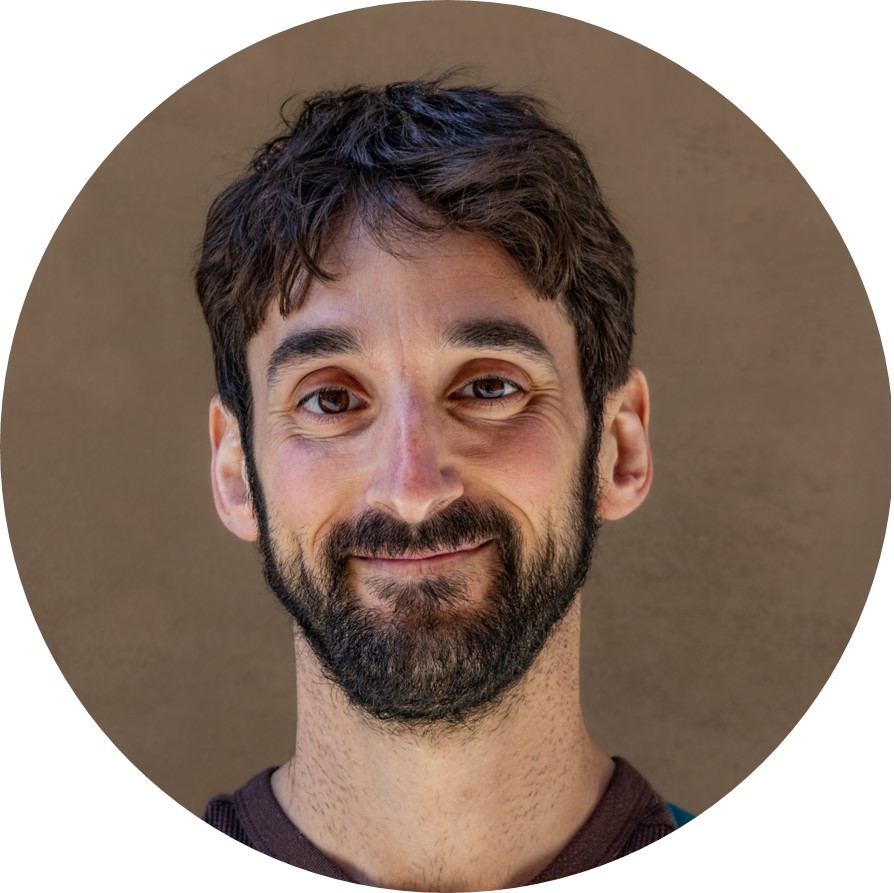
Matthew Kessler
Matthew Kessler is a science communicator, podcaster, and former farmer with over a decade of experience working in and across global food systems. Employed by Swedish University of Agricultural Sciences (SLU), Matthew has been working with TABLE the last 5 years exploring the evidence and values behind contentious food systems debates.
Through his podcasts, Matthew has spoken with diverse guests to explore how localised or globalized the food system should be; debates over the future of meat and livestock; and who has and should have power to transform the food system.
He holds a MSc in Agroecology from the Norwegian University of Life Sciences, and a BSc from Warren Wilson College in the US.
The objective of Agri4D 2025 is to discuss science that can contribute to evidence-based policy and practice needed to transform global food systems and contribute to SDG 2. This year’s Agri4D will focus on nurturing regenerative food systems that are resilient to climate change and have low climate impact, while contributing to social, environmental and economic sustainability. The conference encourages dynamic multi-stakeholder dialogues that can stimulate transformations contributing to eradicate hunger in the world.
All stakeholders, including researchers, practitioners, civil society, private sector and policy makers, who are working on food systems in vulnerable contexts, are invited to join the conference to discuss innovative solutions for tomorrow. You can engage in several ways, for example through oral presentations, workshops, roundtable discussions or storytelling.
Organised by SLU Global at the Swedish University of Agricultural Sciences (SLU) and the Swedish International Agriculture Network Initiative (SIANI), with support from the Swedish International Development Cooperation Agency (Sida). 